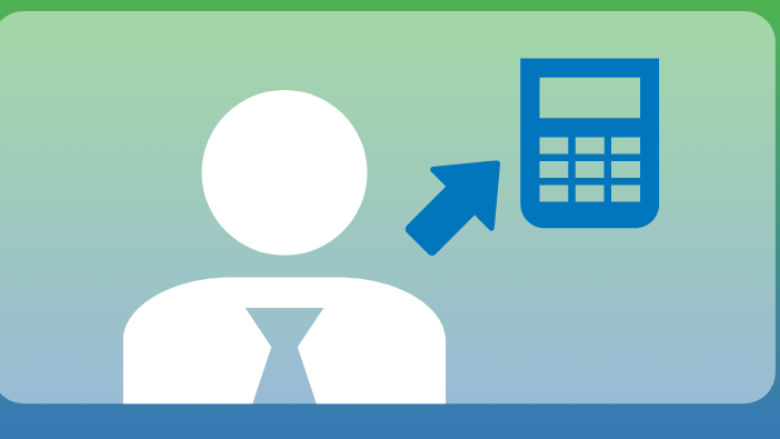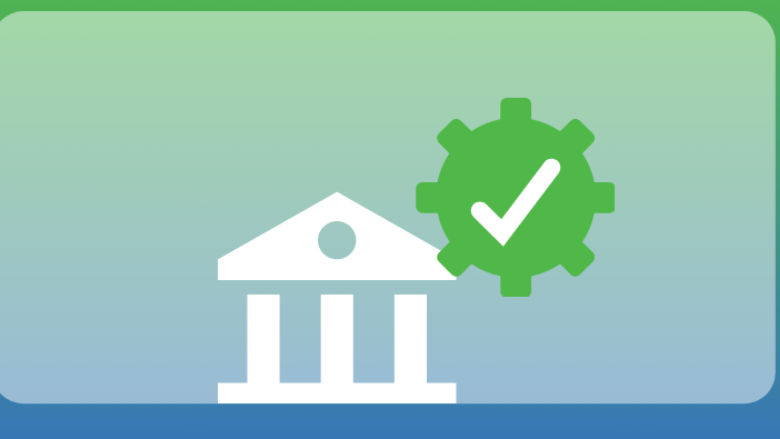The Financial Management Umbrella Program is organized into three main modules, with five cross-cutting themes. Our work includes initiatives in all of these areas.
Approach
Key Approaches and Programs
Modules: The Three Areas in which We Work
Cross-Cutting Themes
Our work includes five cross-cutting themes. Work in these areas is typically integrated with overall financial management reform initiatives. Increasingly, countries are including climate change and gender as reform objectives. Digitalization and innovation go hand in hand and are part of much reform work. And working across sectors is critical for many reforms, particularly those focused on getting government services to citizens.
Through specialized tools, trainings, consultations, and grants the FMUP equips financial management professionals to play a pivotal role in converting their countries¡¯ climate commitments into climate action.
How government money is spent ¨C whether it goes for projects, programs, and infrastructure that advance climate goals or undermines them ¨C determines whether Paris Agreement promises can be met, and whether runaway climate change can be halted.
A growing number of central finance agencies have requested World Bank support to help them integrate climate considerations into their work. And so have World Bank operational teams, who must deliver on the Bank¡¯s commitment to ensuring projects are designed and implemented in climate-friendly ways.
We cover key budgeting, spending and operational commitments, from green and climate-resilient buildings to informed purchasing to better-run state-owned enterprises (SOEs). SOE reform is designed to include important climate advances in key sectors such as energy, transport, and water. Other areas include strategic planning, public investments, and intergovernmental fiscal systems.
We also directly support the work of the .
And we work closely and coordinate with our partner, the World Bank's Climate Change Governance program.
Digitalization is increasingly built into financial management reform programs supported by the Financial Management Umbrella Program. Our work includes programs that focus specifically on digitization and digital government, and digitalization is factored into broader programs, as well.
Digitalization can transform public financial management systems and increase both transparency and access to government services. Digital government is also more resilient in times of crisis. In many cases, going digital positions governments to leapfrog into the future. They can resolve longstanding challenges in new ways as well as face up to new challenges.
The FMUP finances activities that support gender-responsive public financial management (GRPFM) in country-level engagements and operations.
GRPFM, also known as gender responsive budgeting (GRB), is an approach to budgeting that explicitly considers the impact of fiscal policy, public financial management practices, and public administration on gender equality, girls¡¯ and women¡¯s development, and on potentially marginalized populations (for example, people with disabilities, minorities).
Despite increasing focus on GRPFM, many countries still need help to progress in this area. World Bank teams, too, have a need for practical operational guidance on how to effectively incorporate GRPFM reforms into the design of World Bank operations and technical advice.
FMP-financed activities include the generation of knowledge and analytics that facilitate lesson learning, identification of blockages, and communication of good practices, all geared toward accelerating the uptake of GRPFM reforms in a pragmatic way.
Innovation in financial management ranges from high tech to high touch. And the focus ranges from stubborn longstanding challenges that demand fresh approaches to newer challenges like climate change. The Financial Management Umbrella Program supports and encourages a range of innovation, both as project-specific initiatives (vertical innovation) and as program-wide approaches (horizontal innovation).
On the high-tech side, current work includes digital government, which is the focus of our Disruptive Technologies for Public Asset Governance (D4PAG) program in Vietnam. Innovation in financial management also includes technological approaches like artificial intelligence-driven disbursements and audits, or machine learning-informed macro-economic forecasting. On the high-touch side are innovations like our GovEnable project, which is centered on face-to-face problem-solving. It takes the novel approach of bringing officials together across sectors to identify, analyze, and then co-create and jointly implement solutions to bottlenecks in the delivery of government services.
Starting in FY24 (July 1 - June 30), we also expect to give a further boost to innovation through a new collaboration with the World Bank's Development Impact Evaluation (DIME) unit. The DIME team is expert in data-driven measurement of impact. The team will help test how well financial management innovations are performing to inform which ones should be scaled. The hard evidence they'll generate will tell us how much governance reforms contribute to tangible development outcomes, rather than relying on anecdotal evidence.
The FMUP encourages financial management system reform that is worked out in collaboration with other sectors. This is the most effective approach in many circumstances.
Looking at areas such as the process of getting funding from government to schools may need to involve colleagues from an education ministry, for example.
The FMUP supports programs that include cross-sector analysis and collaboration. Our GovEnable framework is specifically oriented toward bringing people together from different parts of government, and often beyond, to jointly analyze problems and co-create solutions.
Regional and Global Programs
Our FASE, GovEnable, and PFM for MENA programs are at work in multiple countries.
Contact
-
Financial Management Umbrella Program






